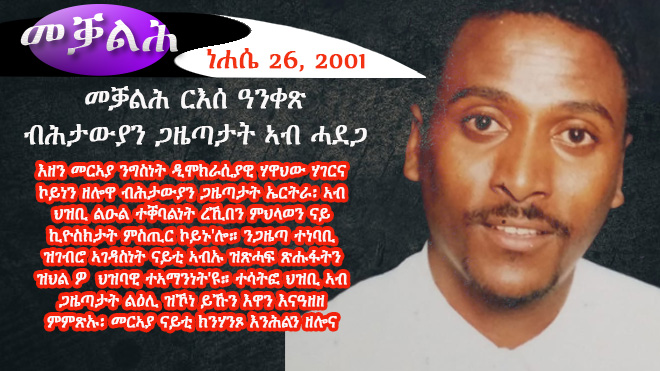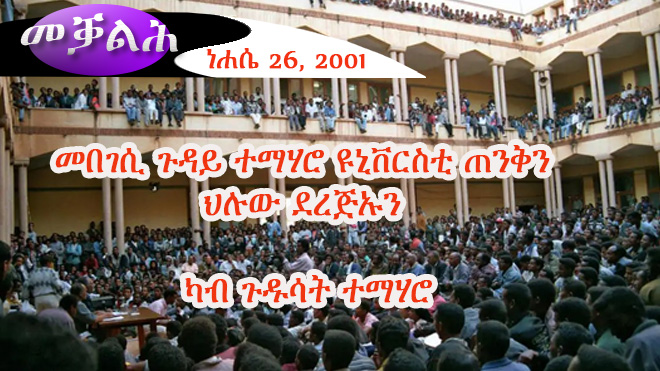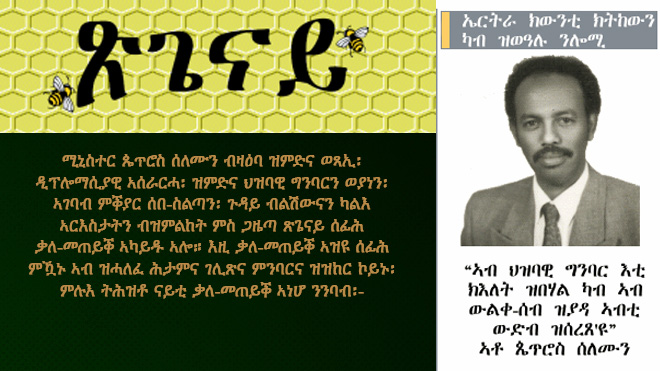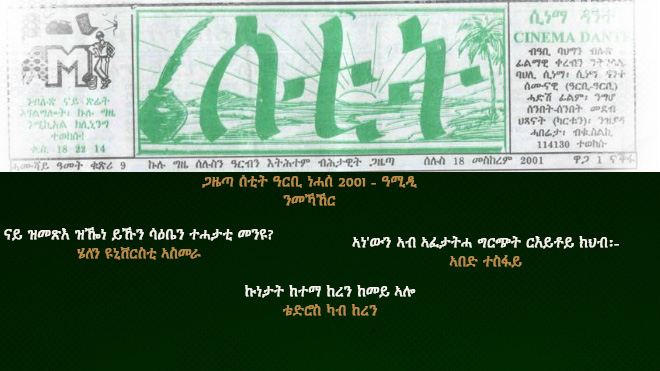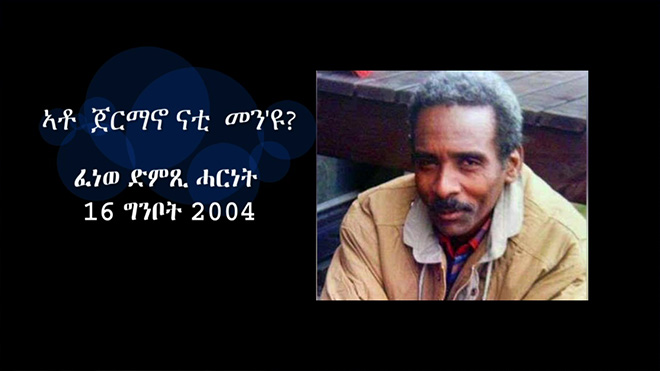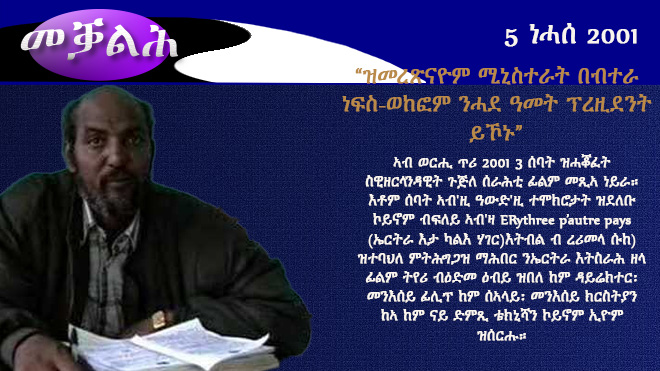Eritrea: Another view
This is the third installation in a series following a conference in Brussels that focused on the human rights situation in Eritrea and the Horn of Africa. The original article by Nicolaj Nielsen generated considerable interest. That was followed by a question-and-answer with the Eritrean ambassador to explain why he didn’t attend the conference (click here to read the previous two installments).
Here, Derek Blyth talks to Mirjam van Reisen, director of Europe External Policy Advisors (EEPA), who organised the conference.
Derek Blyth: You recently organized a conference on human rights in Eritrea and the Horn of Africa. What was the aim?
Mirjam van Reisen: We wanted to bring together officials from different governments, political groupings, organisations and ethnic groups to look at the human rights situation in the Horn of Africa.
In an interview with The Bulletin, the Eritrean ambassador told us that he did not attend the conference because you had compromised your neutrality by supporting individuals and organisations that are supported by the Ethiopian regime.
That is not so. We did not invite organisations supported by the Ethiopian government and those that use violence for political end or to resolve a political conflict. We were looking to involve organisations that were working for an improvement in the situation through dialogue.
So the conference was balanced?
We are just a broker for dialogue. We had ambassadors from the African Union, Djibouti, Sudan and Ethiopia. The Ethiopian ambassador in particular was put on the spot with some serious questions. He faced a grilling on why the Ethiopian government had failed to respect the terms of the border commission [settling the border dispute between Ethiopia and Eritrea].
The ambassador claimed that there are hundreds of NGOs that hold meetings in Brussels and that he couldn’t attend every one.
Our organisation is among a few organisations here to break the silence on this issue. There certainly aren’t lots of meetings with Eritrea on the agenda, though there are others who have done great work, such as Reporters without Borders and Human Rights Watch.
So were you disappointed when the ambassador didn’t turn up?
I was disappointed, because the situation for the people of Eritrea is unbearable. We had hoped that the ambassador would be able to play a part in the dialogue, which is aimed at benefitting all of the Eritrean people. We would have welcomed him and respected his views.
The ambassador was accused at the conference of promising safe passage to Aster Yohannes, who was nevertheless arrested on her arrival in Eritrea. But the ambassador told me that he couldn’t guarantee safe passage to anyone and the accusation was a fabrication.
He was approached by a US congressman, Ed Royce, who gave a message to the conference. We have understood from the Congressman that Ambassador Girma Asmerom (then representing his country in the US) had reassured him personally that Aster could safely return home to look after her four small children after her husband had been arrested. Nevertheless she was arrested on arrival.
Your organisation claims that there is forced labour in Eritrea, but the ambassador claims that this is merely national service. Who is right?
It’s true that there is military service which is a response to the threat to their border. But this involves every man and woman between the age of 18 and 50. And it is indefinite. No one who has joined the military since the late 1990s has been allowed to leave. There are stories that they are being put to work on public works, including possibly projects that are funded by EU aid, although this can’t be verified.
The ambassador told me that Eritrea was a model country that should be praised rather than condemned. Would you agree?
Look at the number of people who are fleeing from Eritrea, even though they risk being shot at the border. Eritrea is a small country, yet the second-biggest group of asylum-seekers worldwide comes from Eritrea. They are fleeing to Ethiopia and South Sudan, which gives you an idea of the hardship they must be in. The leadership should ask itself if it wants to be in power in a country where everyone wants to leave.
So what is the solution in your opinion?
We believe that diplomacy has to be an important part of the solution. We need to keep talking to resolve the border issue. But we can’t do that if ambassadors don’t play a role in the dialogue.
Can you see a brighter future for Eritrea?
Yes. The situation is similar to East Germany before the Berlin Wall came down. I can clearly remember when that happened. Change can happen very quickly. It can be a complete surprise


![[AIM] Asmarino Independent Media](/images/logo/ailogo.png)
